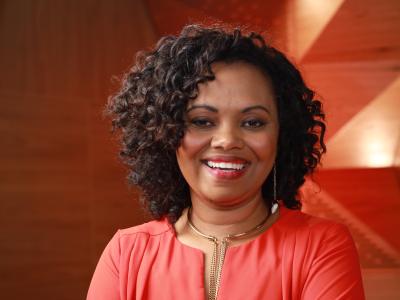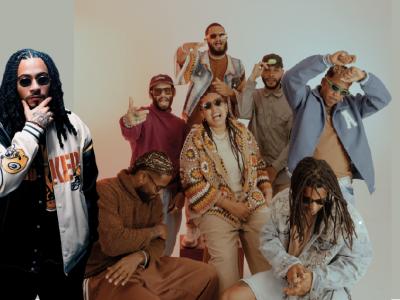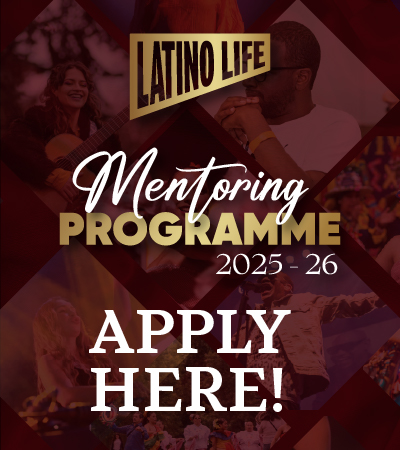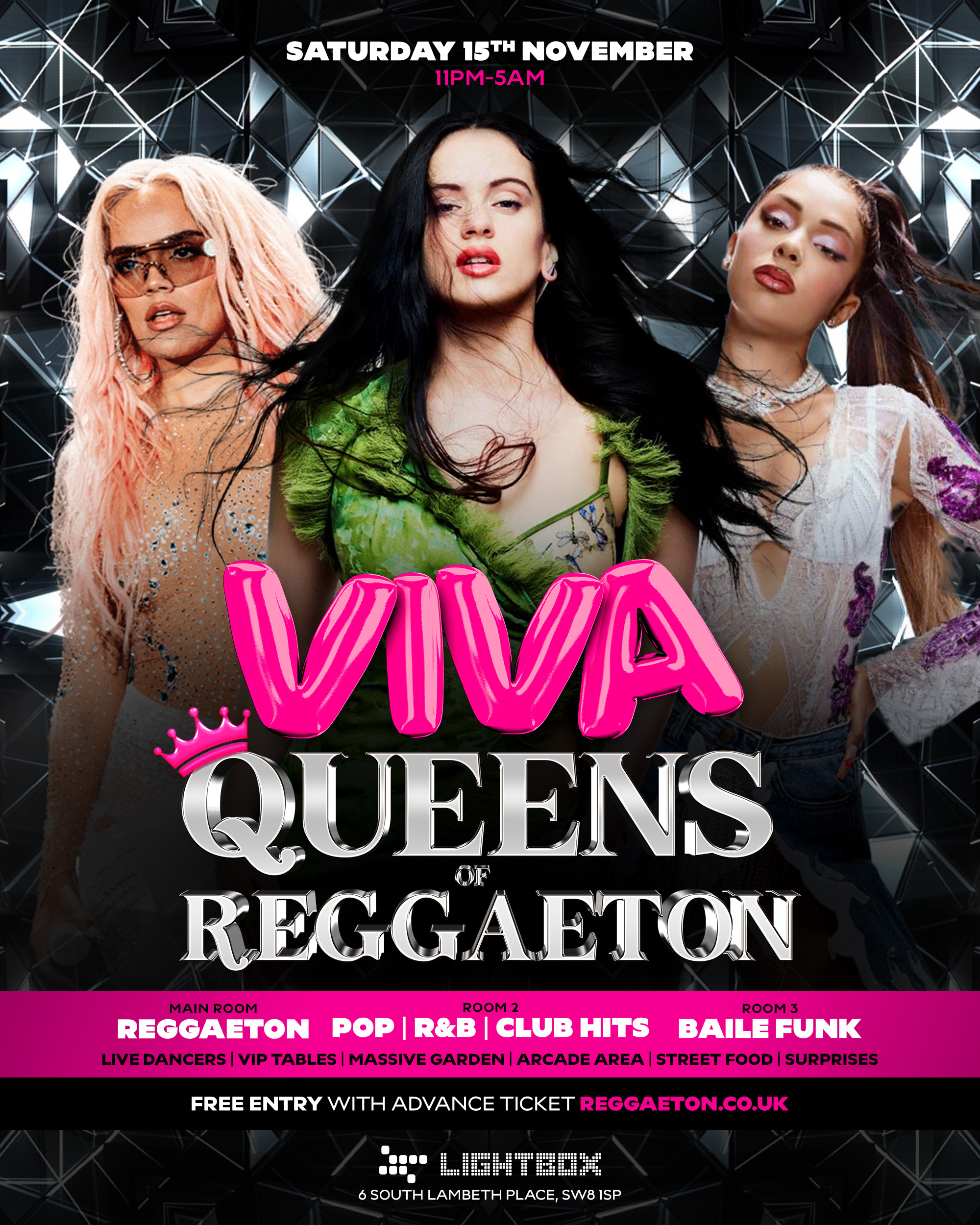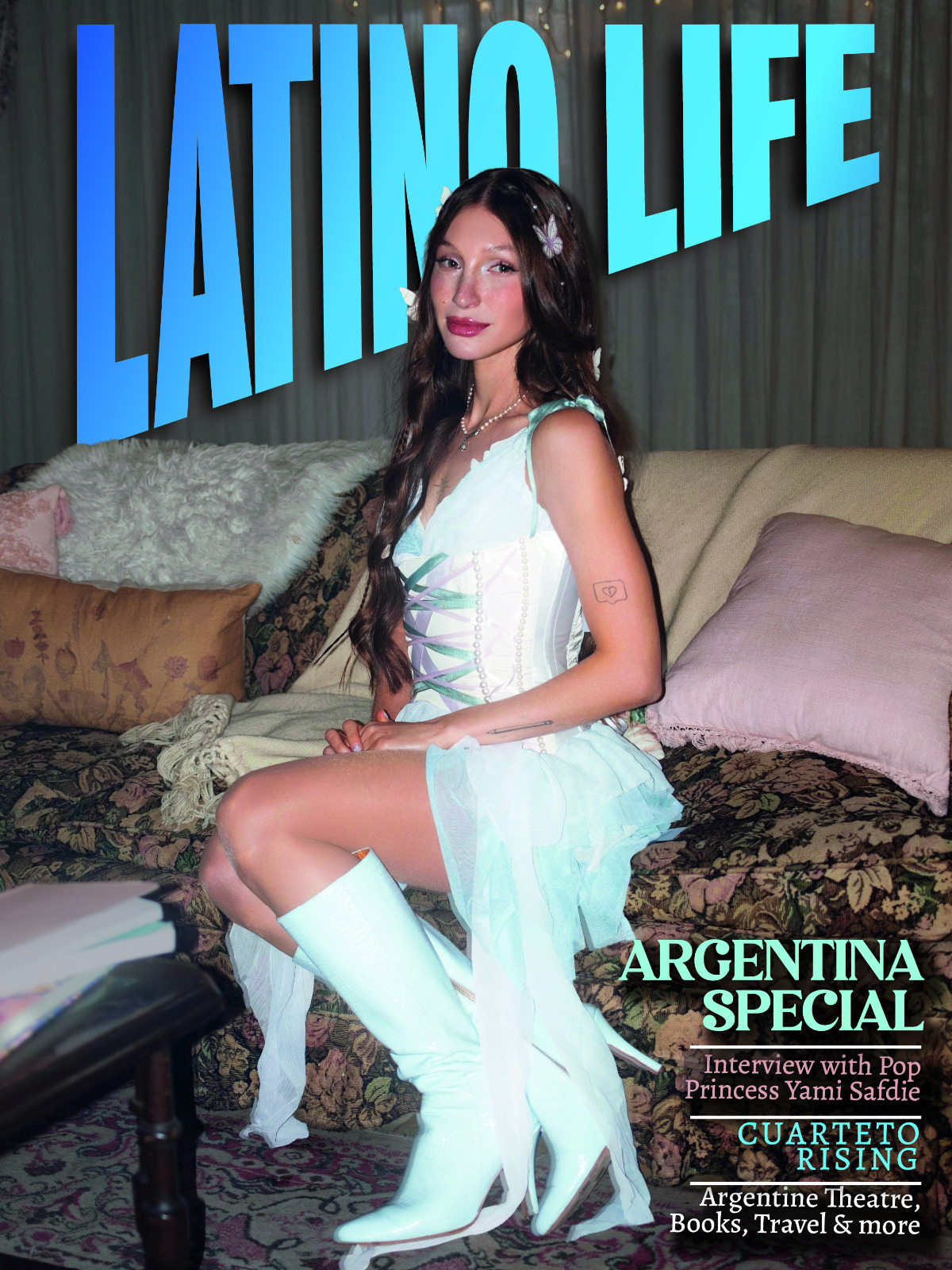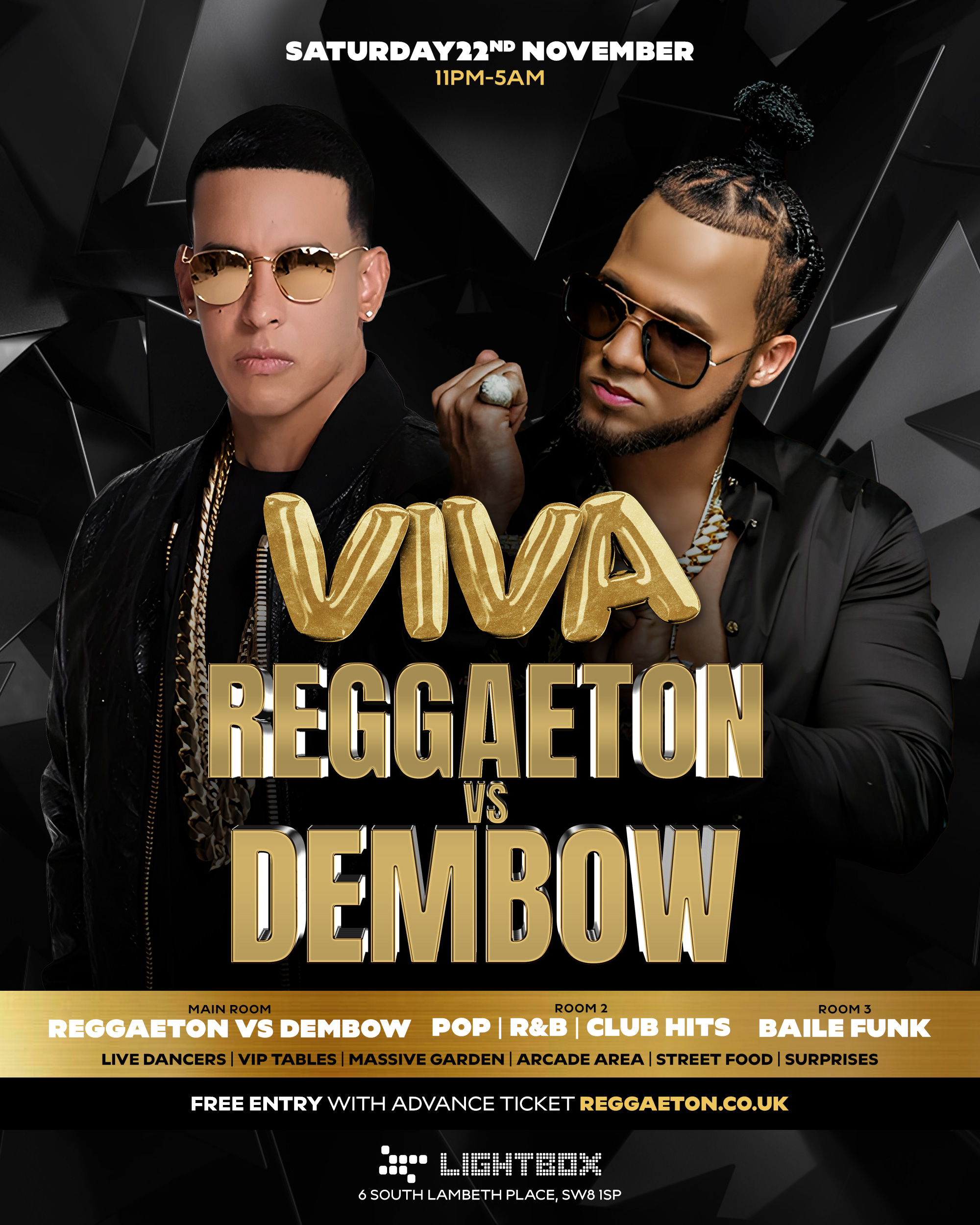Jose Luis Seijas: So 2017 were very exciting times for you in Venezuela, how was it winning the Pepsi Award?
Laura Guevara: So after the Pepsi Awards, I was like the young female Venezuelan singer-songwriter of the moment, which was a good thing, because in Venezuela there are very few women leads, there are so many boy bands and groups led by men, and few led by women. But the industry isn’t used to this so it also came with a lot of weird stuff. I mean. I'm not just a singer, I conceptualise everything, and am very involved in both the production and in the videos, but most people thought I’m just a singer, or even worse, like a danger lady! It’s a totally masculine environment, so I got a lot of men approaching me and saying 'Oh Laura you’re great, I wanna help you…' and then they’d be all weird and I’d be like 'why is this happening to me? and I had so many weird situations and now I understand that the reason they were being weird was because I was a girl and it is a country where girls aren’t taken seriously.
JLS: Sounds like a mixed blessing, so tell me about why you ended up having to leave Venezuela...
LG: So, in 2017 there were these huge protests and I was already the main girl young singer song-writer at the time and quite well known. I was using my social media to show the reality of the protests. My plan wasn’t to become a reporter, I just wanted to share what I was living. I used to go with a friend and he would ride a motocyle and I was on the back, so we could escape from the military police. Every time things got too dangerous we jumped on the bike and vrrrrom…
So I was posting as a way to tell the story but also I wanted more people to join the protests, so that was the reason why I began to report. Later on I started seeing my videos on Jaime Bailey and then another media outlet asked me to send videos and I started interviewing people who were being targeted and I started moving medicines to people who were injured. I don’t know how it happened but we ended up reporting live and I saw so many awful things, tragic things and it was really painful. We thought we could change and recover democracy. I was kind of naïve, I see that now, I think we never really imagined how bad these guys were, we never imagined this could happen to us. Most people who have democracy take it for granted. Democracy is really slippery you have to take care of it bevause its delicate, fragile.
The day I decided to leave I was at a confrontation between civilians and the military and I was just watching and the guy next to me got an impact from a gas canister in his chest and he fell down and was screaming ‘I’m gonna die’ and I was like 'no, you're not gonna die...breathe!' And I screamed ‘moto, moto!’ to try and get a bike to come. We took him to the motocycle and then I saw the life go out of him, just like that....aaaaah, he took his last breath. Another guy tied him to the bike so he wouldn't fall off and took him to the hospital but there was nothing they could do at the hospital.
Later on I found out what his name was, because I had recorded the moment when they took him and the family wrote to me. That day I realised that I would also die if I stayed in Venezuela because I wasn’t going to stop going to the protests and I thought 'if I die I wouldn’t be able to do music, which is my purpose'. My parents were really happy that I decided to leave, because it wasn’t the first time that I’d come close to being killed. I had had impact from bombs on my legs, the military also hit me various times when I was on the bike, trying to topple us from the bike and I wasn’t thinking, so I had to leave and I’m glad I did because…well I’m alive (laughs) and I can make music. I try and be a good ambassador of my country now in Mexico, to try and show the good side.
JL: So you go to Mexico and it’s a different environent. How has it been going to Mexico as an established artist and starting again?
LG: One of the hardest parts is when you realise that no one cares. It’s a strong hit for your self-esteem and identity. I thought, I’m no one, I don’t know anyone, I have no networks, nobody knows who I am, what I’ve done before, what my capabilities are, no one cares. It’s hard. I arrived to Mexico and I moved into an apartment and after 3 weeks an earthquake happened and the building fell down! So I lost all my stuff and suddenly I was without a home. I was working in a theatre and my boss didn’t want to pay me, and I felt so homesick but I knew I couldn’t go back because I’m afraid….
JL: So tell me, how did you start getting your career back on track...
LG: Oh my god, I have to write a book about my experiences as a migrant!…so, things started to get better...and later, in 2019 I went to Spain to have two concerts, one in Barcelona and one in Madrid. When I returned I gave the immigration official my passport and he was like…'oh lady you have to come with me'…so I gave him my passport, I wasn’t worried, then he asked me for my cell phone. So I didn’t have a way to communicate with anyone…and then he said, 'you’re going to stay here and in 8 hours we’re going to put you on a plane back to Spain'. And I was like ‘no! I have to tell the people waiting for me outside!’
I never got in jail in Venezuela and I was going to lose my freedom in Mexico? No way! They put all the new migrants on the floor in a room. They just treated us like things, just shoving us from one place to the other. You go here, you go there, I don’t care about your rights. And they didn’t let us talk to anyone, I mean you should normally be able to call someone, like a lawyer. But I come from a family that talk a lot and I talked to him so many times, I cried, I begged, I was so annoying. So at one point the guy said, ‘I’ll ask my supervisor if you can call someone’ and eventually they let me and I called my lawyer and my lawyer managed to get an injunction to stop the deportation.
Because they couldn’t deport me I stayed a day and a half in that place, they gave me something to eat twice. I was starving. Then they moved me in the middle of the night to a place that was awful, a migration centre called Las Agujas. I was in shock, I was so nervous because I understood this was going to be serious. It was a jail. It was a migrant jail. And in that jail I met people from all around the world, from Nepal, India, Dominican Republic, Haiti, Nicaragua, El Salvador. One part was for women another part was for men. And the transgender…that was shocking, they were just left in the patio, with no roof.
So I spent 14 days there. One night all the girls we were talking and they started telling their stories and the stories were so hard. There was a girl, she was 14 and she told how she’d been raped since she was 7 by her uncle and she decided to leave her house and walk to the migrant caravan by herself, the police took her and put her in the jail. Another 2 girls were there because they were trying to get to the States to find their mum, because their mum had left for the US and had disappeared. There was a Cuban girl who was bought by a Mexican narco, when she was 13 years old. Then when she was 15 and had already two babies, he left her because she was too old, so he abandoned her and got another one and now...well she’s alright. She always talks to me, we are all still in contact via Facebook.
So, yeah so many stories. It made me realise how privileged I am, even though I also had to leave my country, I could leave my country in a plane. I am a privelaged, educated person and most of the girls there came from such harsh, awful situations. So when it was my turn to talk, I felt embarrassed because their stories were so awful compared to mine. I just said I’m a singer and I had to leave Venezuela because of the dictatorship and they asked me to sing, they started chanting ‘sing,sing’ so I sang a song I wrote called el cante del imigrante, which is about migration and after I sang, when I opened my eyes they were all crying and hugging and they asked me to sing more, so I sang a song called Latidos which is about resilience and overcomeing tough situations and pain, whatever life throws, and they were crying and saying’that is my song.’ It was so moving, so that day was amazing.
Then we all asked the prison officers to give me my cuatro back and on the Saturday before left I gave them a concert for two hours and it was amazing. I am never going to forget that... I made them dance and sing, we laughed, we cried, it was so emotional that day. But thank got I got out; most of them were there for longer. It was hard to realise how lucky I am... even just because of the way I look, and how they treated me differently. It's so painful to see the racism, classism and how men use their power.
Now I’m working on a new album about migration. I feel I need to make their voices heard, very few people know what its really like, how so many girls who are migrants are raped so many times in the journey. I feel its really important people should know. And I feel I can now give them a voice.
Listen to Laura's interview in our podcast







